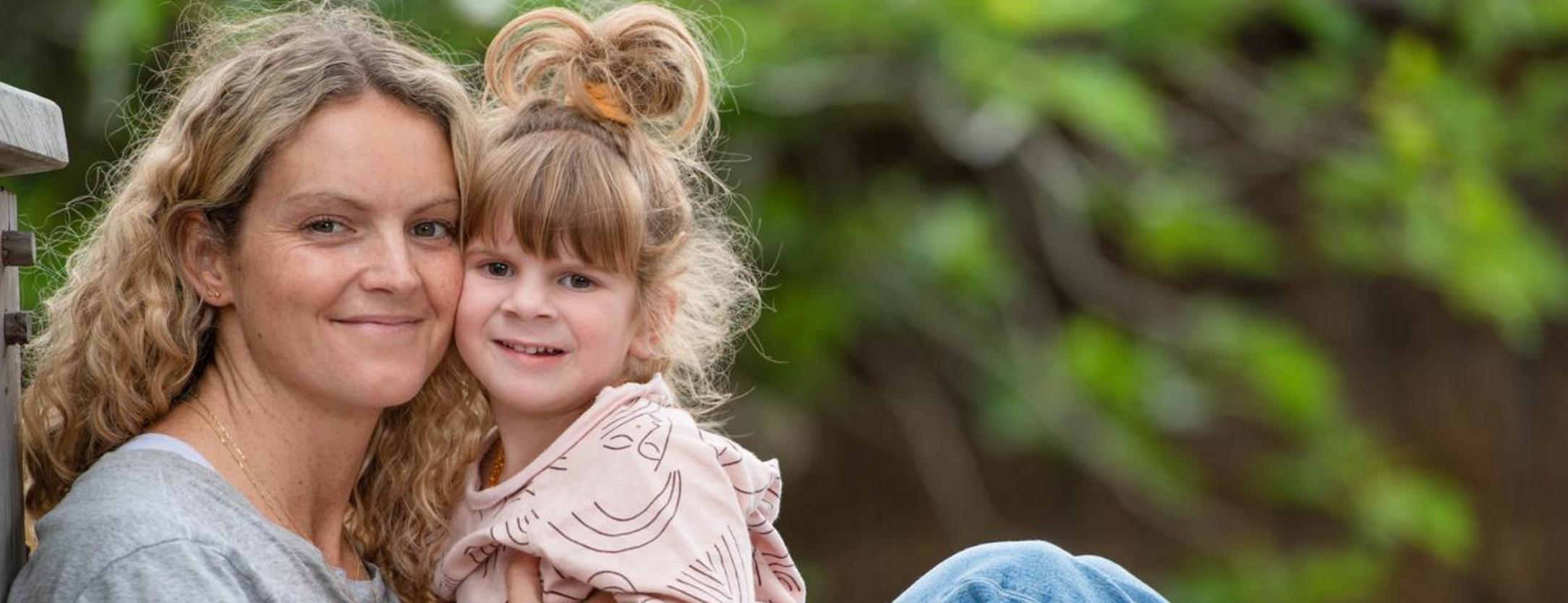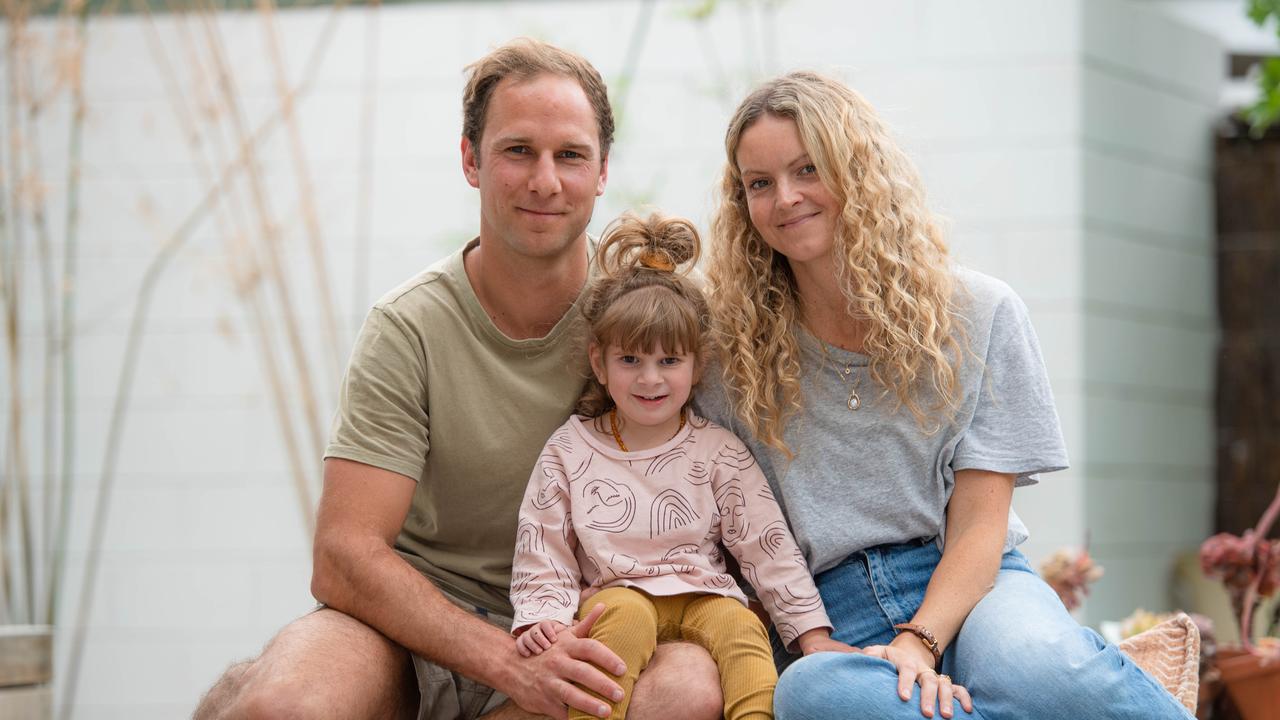Maeve’s Law for mitochondrial donation passes historic Senate vote

Experts from the Murdoch Children's Research Institute have congratulated the Australian Senate for its historic conscience vote in favour of assisted reproduction technologies, also known as 'Maeve's Law', to allow couples to access mitochondrial donation.
The amendments will enable affected families to greatly increase their chance of having a healthy child unaffected by mitochondrial DNA disease.
Professor David Thorburn, co-Group Leader of Brain & Mitochondrial Research at the Murdoch Children's, said, "I applaud the Senate for their conscience vote passing Maeve's Law without amendments.

The legislation, formally called the Mitochondrial Donation Law Reform (Maeve's Law) Bill 2021, is named after six-year-old Victorian girl Maeve Hood (pictured left, with parents, Joel and Sarah), who has Leigh syndrome – a disorder in which the body's cells fail to produce the energy she needs to thrive.
Tragically, Maeve is unlikely to survive beyond childhood.
"This will make Australia only the second country after the UK to develop a robustly regulated approach to offering this new form of assisted reproductive technology to women at high risk for having a child with mitochondrial DNA disease," Professor Thorburn said.
Mitochondrial diseases impact at least one child born in Australia each week and lack effective treatments. Affected patients typically suffer severe disease affecting their brain, heart or other organ systems and early death, ranging from infancy to middle age.
The legislation was informed by hundreds of submissions considered by two Senate Inquiries, an NHMRC Expert Committee review and a Department of Health Consultation paper. Independent expert groups such as the International Society for Stem Cell Research also made important contributions.
Professor Thorburn was a key contributor to many extensive approaches to public engagement, including an NHMRC video, public meetings, webinars and a citizen's panel. The Bill was supported by the Australian Academy of Science, the Australian Academy of Health and Medical Sciences and many leading Australian experts in medical research, bioethics and health policy.
Professor John Christodoulou is Co-Lead of the Brain and Mitochondrial Research Group at the Institute and also the Chair of Genomic Medicine in the Department of Paediatrics at the University of Melbourne.
"The Senate vote in favour of Maeve's Law is a great leap forward for the families of individuals suffering with severe mitochondrial disorders. Treatment options for mitochondrial disease sufferers are extremely limited. When the disorder is due to a genetic mistake in mitochondrial DNA (mtDNA), reproductive options for couples to prevent severe disease in their children are extremely limited.
"The carriage of this Bill gives families real hope that they will be able to have what most of us take for granted, namely being able to have a happy and healthy baby.
"The detailed and respectful discussion by both Houses of Parliament has been admirable, and coupled with the very rigorous scientific, ethical and public discussion both here in Australia and in the UK in recent years, the Australian community can be confident that in establishing mitochondrial donation here in Australia, the highest possible standards will be applied.
I look forward to the next steps in making mitochondrial donation a reality in Australia."
Professor Megan Munsie who heads the MCRI Stem Cell Ethics and Policy Group and is also Professor of Emerging Technologies at the Melbourne Medical School noted, "Maeve's Law allows access, but also provides important safeguards around how this new reproductive technology is applied and by whom. The extensive community consultation and debates in the House of Representatives and the Senate have been invaluable in developing this robust and carefully considered reform. Finally, Australians affected by mitochondrial disease will be able to consider this option."
Image credit: Jason Edwards for Herald Sun



